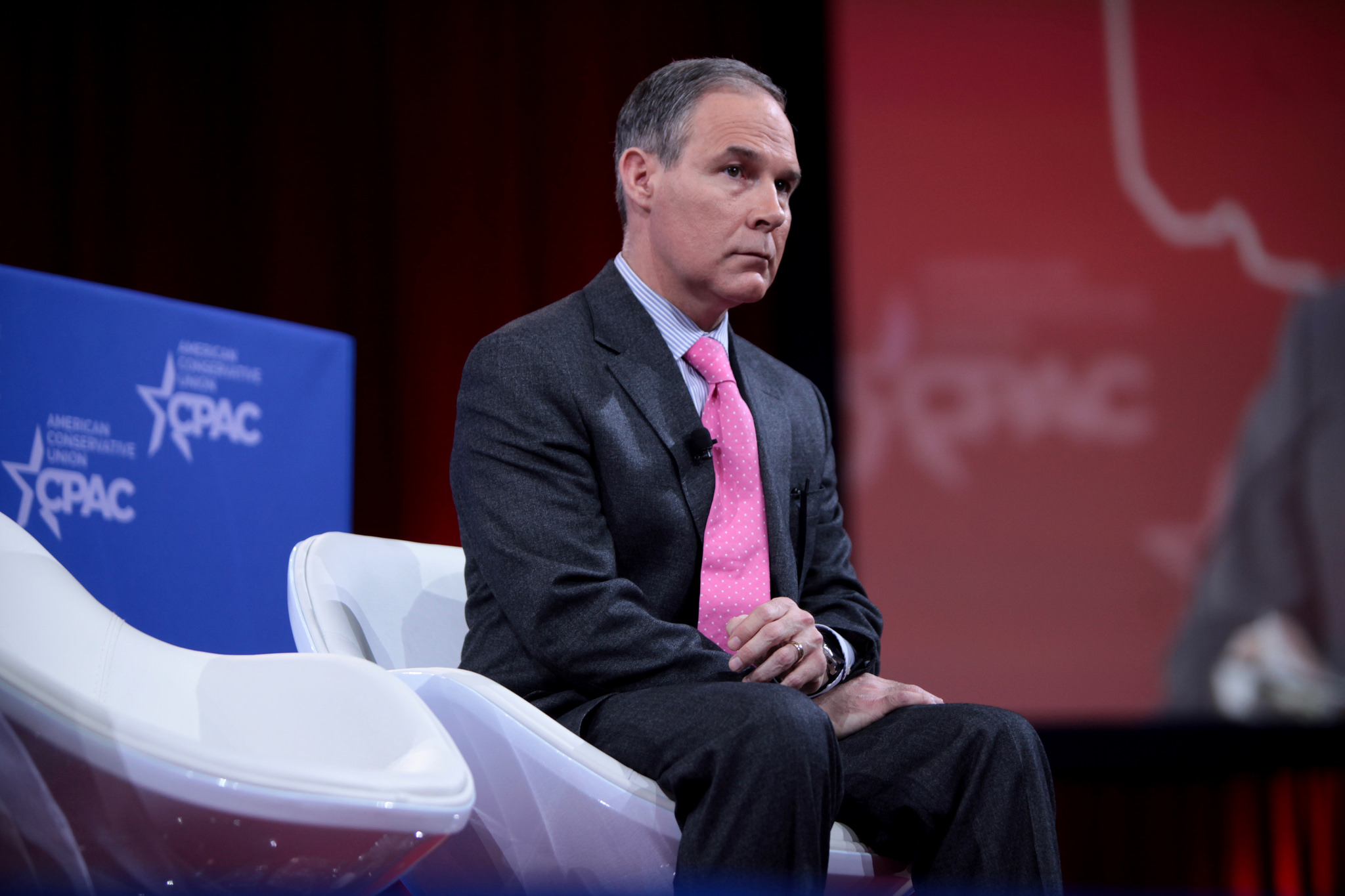New EPA-wide policy makes FOIA review process more transparent, equitable, and functional
Washington, D.C. — Following a lawsuit brought by a pair of environmental groups, the U.S. Environmental Protection Agency has improved its document disclosure policy under federal open records law, the Freedom of Information Act.
See the new memo from the EPA here.
The nonprofit Environmental Integrity Project and the Chesapeake Climate Action Network brought the lawsuit in part to challenge EPA’s previous policy and practice — which was initiated by former administrator Scott Pruitt — of allowing senior staff to delay FOIA production until they reviewed and approved of such disclosures.
The new policy, which was distributed internally to EPA staff on Nov. 16, imposes a maximum three-day limit for these so-called “awareness reviews,” which, the memo clarifies, are only intended to make senior officials aware of select releases before they go out.
The move decreases the politicization of the FOIA process at EPA. Instead of the prior practice of allowing political appointees to make decisions regarding approval, withholding, or release of records, those decisions are now properly the responsibility of EPA’s FOIA team, which is made up of civil servants. The FOIA team must also release records at the end of that three-day period regardless of whether the request has actually been reviewed.
“This new EPA policy is good news. It makes clear that the agency can’t use political reviews to hold up responses to Freedom of Information Act requests,” said Sanghyun Lee, an attorney with the Environmental Integrity Project. “Our lawsuit, and several letters from U.S. Representative Elijah Cummings, cited evidence that these reviews were being used to block or delay responses to requests from environmental and public health organizations this administration doesn’t like very much. The new guidance gives the agency’s Chief of Staff and other political managers a three day advance notice before sensitive documents are released, but no power to block those disclosures.”
“Public information should be just that: public,” said Anne Havemann, General Counsel for the Chesapeake Climate Action Network, which partnered with EIP on the lawsuit challenging the administration’s information delays. “Instead, the Trump Administration has been dragging its feet and obstructing legitimate information requests. It’s unfortunate that it took a lawsuit to force EPA to release this information, but we’re glad to see the agency switch gears.”
As a result of this policy change, the groups will drop the policy-related claim in their lawsuit. They are still challenging EPA’s decision to deny their specific FOIA requests.
CONTACT:
Denise Robbins, Communications Director, Chesapeake Climate Action Network, denise@chesapeakeclimate.org, 608-620-8819
Anne Havemann, General Counsel, Chesapeake Climate Action Network, 202-997-2466, anne@chesapeakeclimate.org
Tom Pelton, Environmental Integrity Project, tpelton@environmentalintegrity.org or (202) 888-2703






